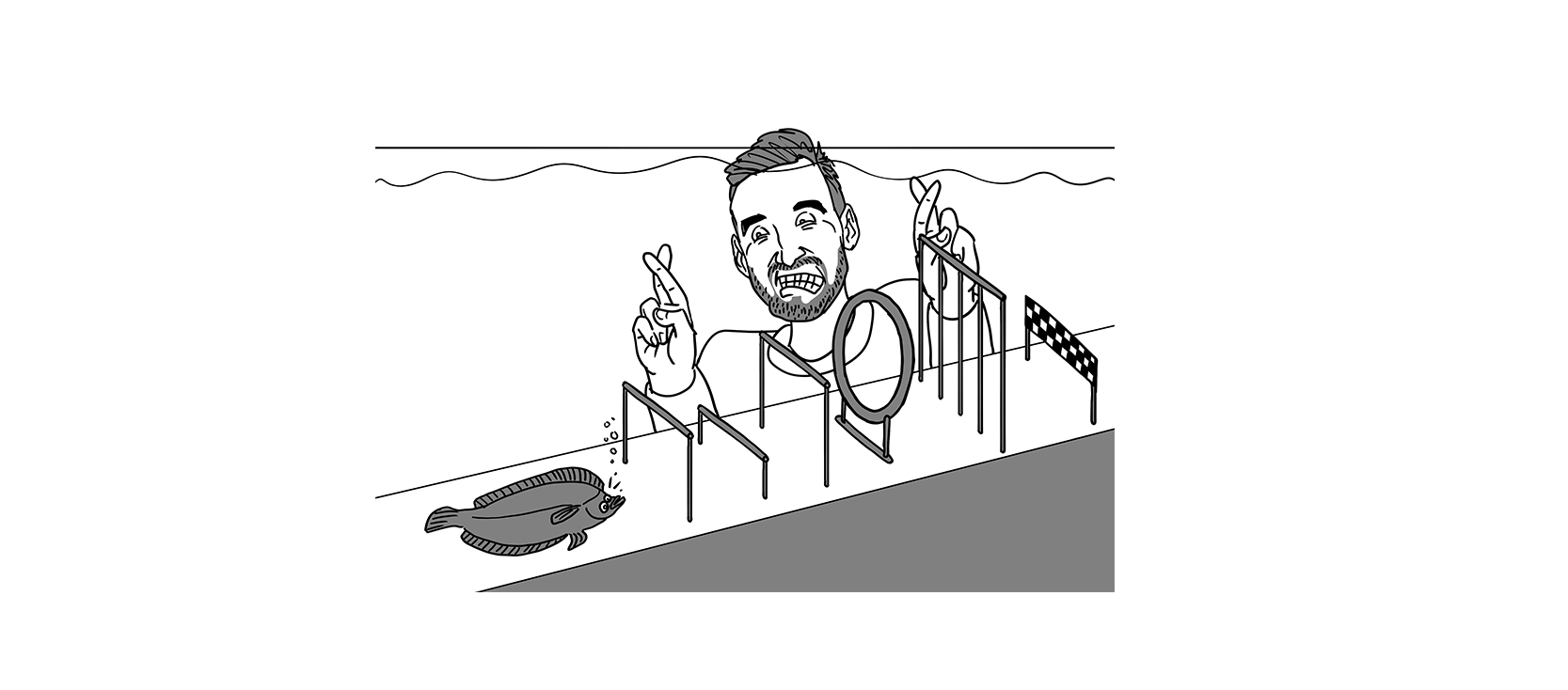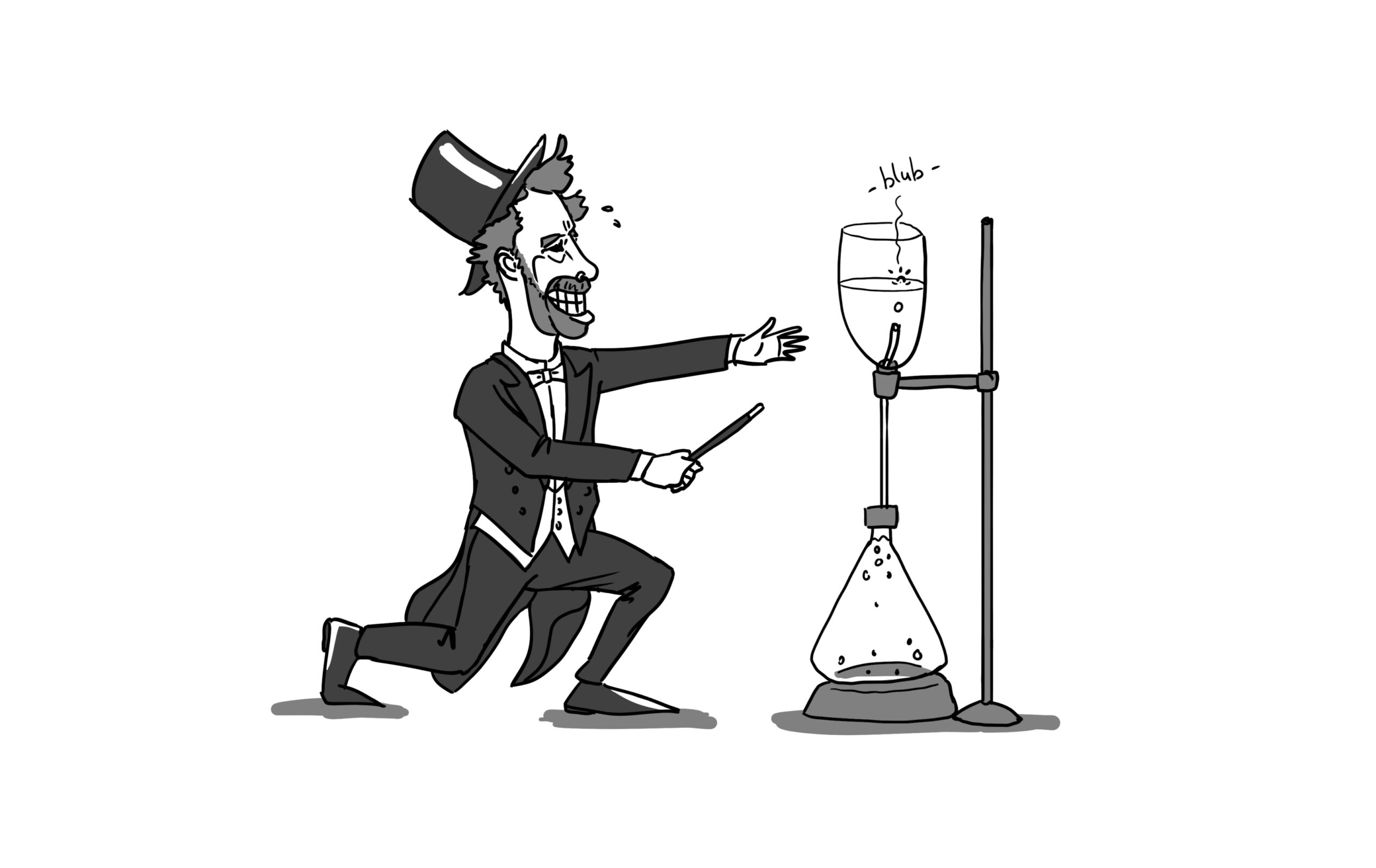A botched experiment, a rejected paper: such things are soon labelled as failures in academia. As for talking about it — not done! But that is just what WUR scientists do in this column. Because failure has its uses. This time we hear from Guido Bosch, assistant professor in Animal Nutrition.
‘When I was doing my PhD and started supervising students doing a Master’s thesis, I invested a lot of time in this task. I scheduled an hour a week with each student for a meeting, sent them extensive feedback and arranged the logistics of their experiments. My well-intentioned feedback was so detailed that sometimes students burst into tears. This approach to supervision was not sustainable; I was far too busy. ‘I had to get a grip on myself. I wanted to know what my maximum workload could be, as a way of forcing myself to be more efficient. At one point I was supervising 16 thesis students at the same time. That was costing me 20 hours a week. It was hectic, but I had prepared for it. I wanted to give the students more responsibility, so rather than spreading the meetings over five days, I scheduled half-hour sessions back to back on Mondays and Tuesdays. Each student would see the next one waiting, which taught them to use the meeting more efficiently.
My well-intentioned feedback was so detailed that sometimes students burst into tears
Over time, I learned to ask questions rather than giving the answers myself. I reduced the written feedback and used examples the students could apply themselves.
‘My students became more self-reliant. They felt more responsible for their own research and became prouder of the results. They came to the meetings prepared with points for discussion. Their theses felt more like research they had done themselves, rather than simply carrying out what their supervisor had told them to do.
‘My experience as a supervisor has also sharpened my own research skills. I pay more attention to the broad outline and get to the essence faster. That helps when I am writing articles. And it has taught me to set boundaries and to prioritize. I am less likely to continue working in the evenings than I used to be. And my supervising style is more of a coach these days. You could say I’ve become lazier, ha-ha!’

 Illustration Stijn Schreven.
Illustration Stijn Schreven. 

